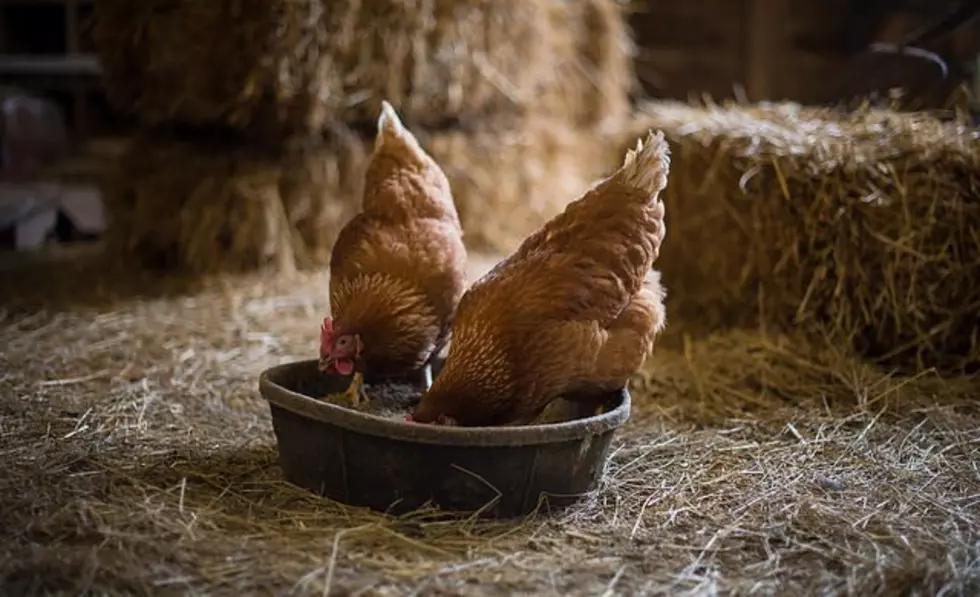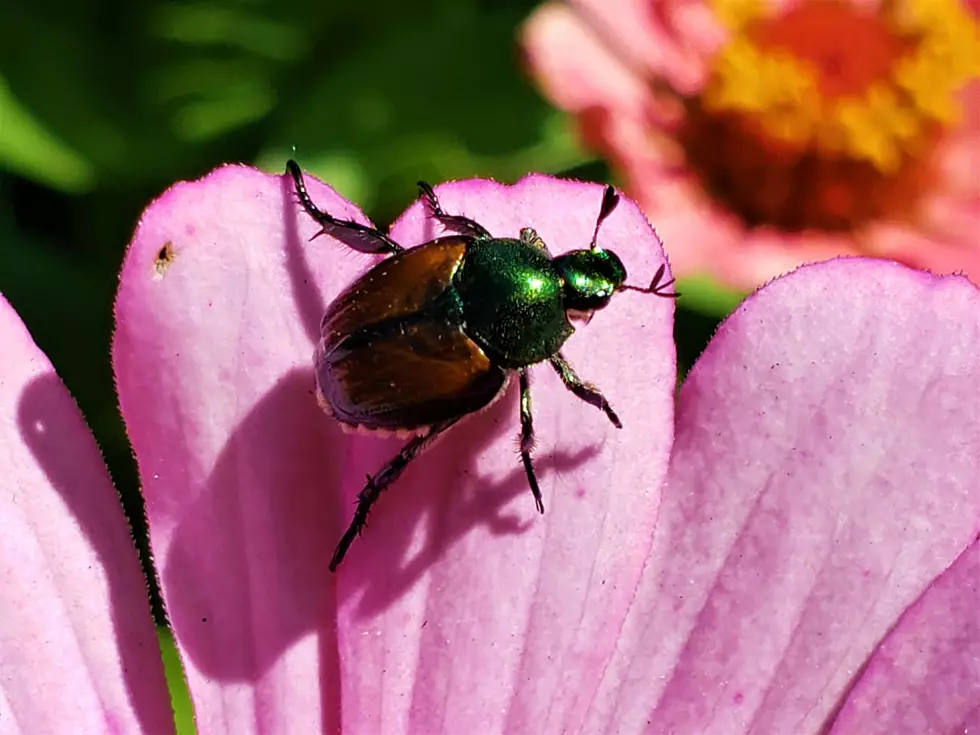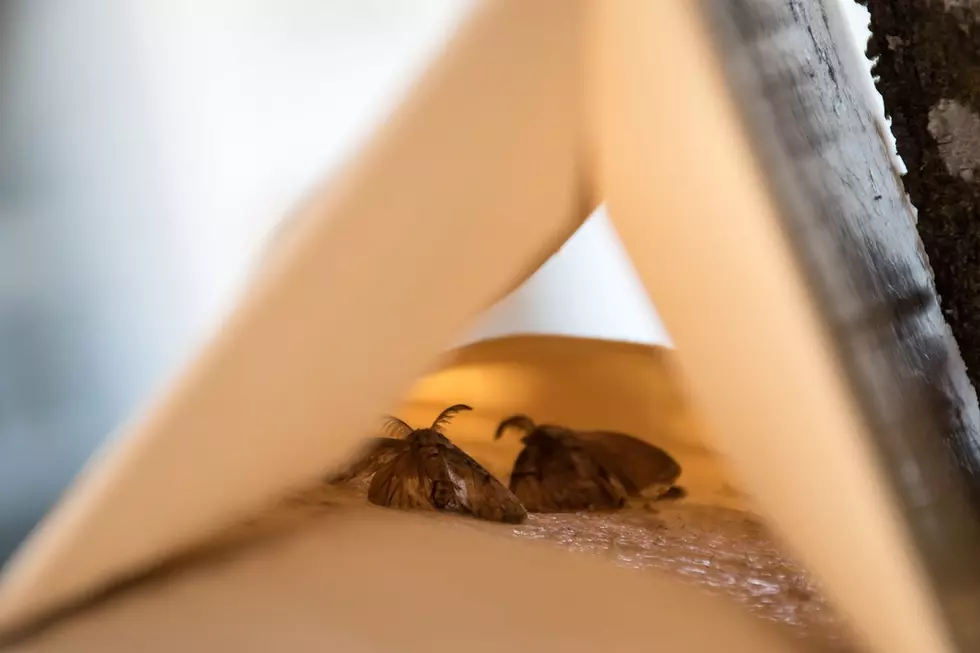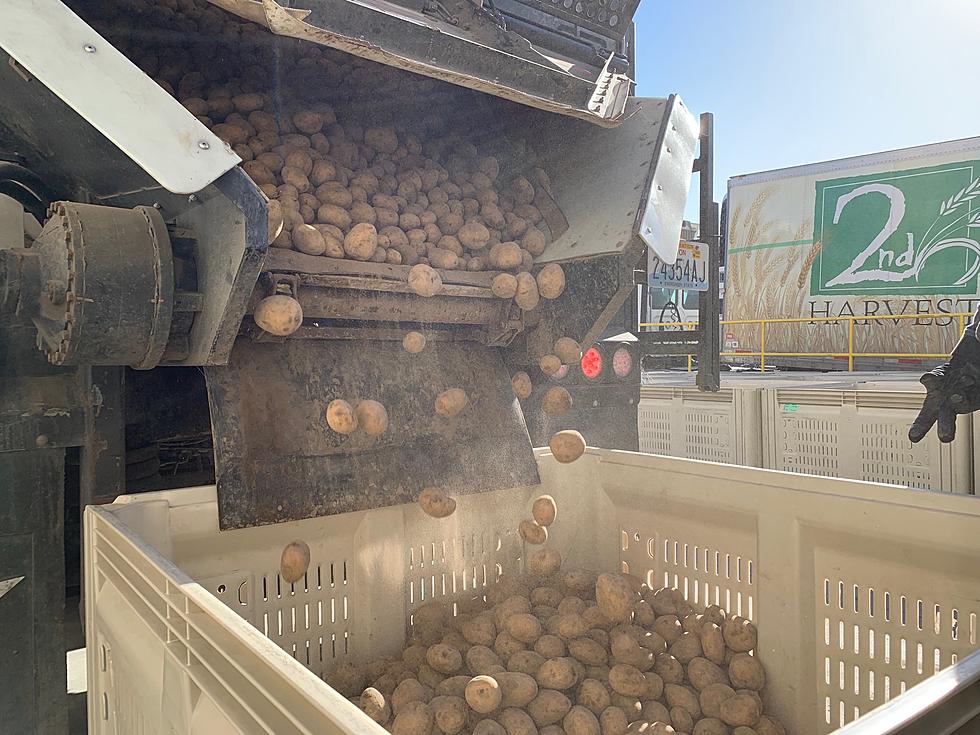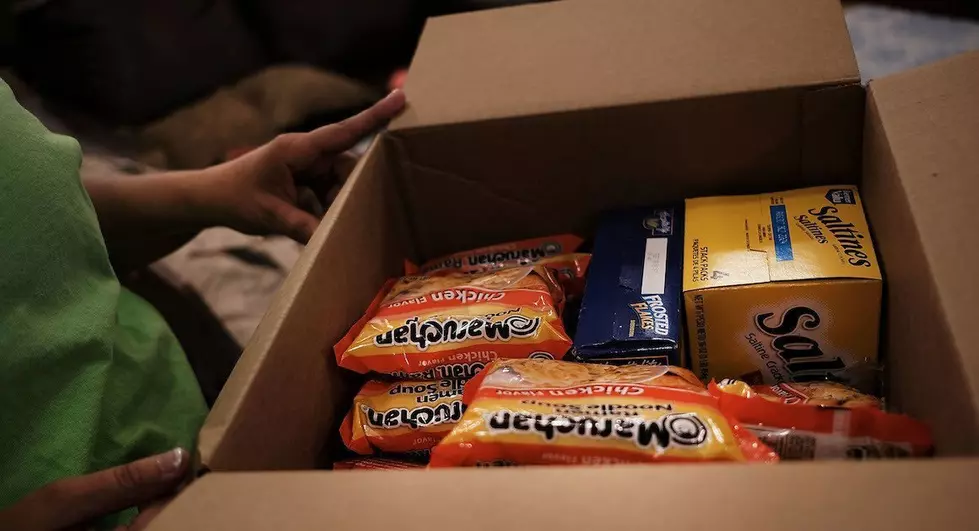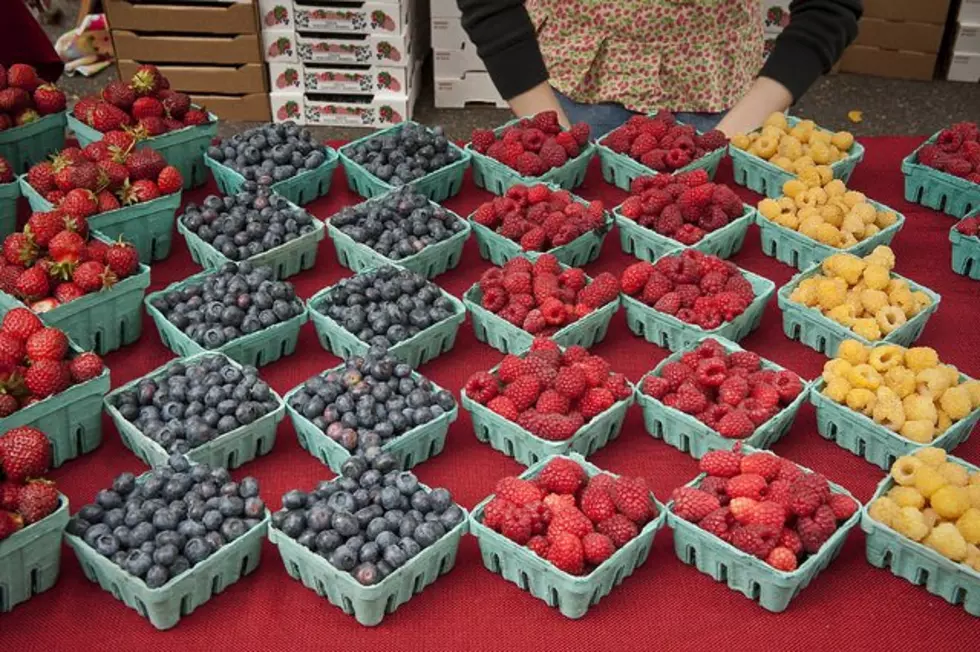
WSDA: Think Twice Before Giving Bunnies, Chicks As Gifts
With Easter this weekend, the Washington state Department of Agriculture is out with a warning. Although it may be tempting to gift a small child with a fuzzy baby rabbit or chick, the WSDA says giving such animals as gifts should only be done after careful consideration for the health of the children and the well-being of the animal. Rabbits and poultry carry a significant health risk for children and many new owners find themselves unprepared for the reality of raising a rabbit, hen, or rooster.
It is common, WSDA said, for a child to nuzzle or even kiss a baby chick. However, poultry can carry Salmonella bacteria on or in their bodies, and some types of this bacteria can make people very ill. The CDC has reported an increase in salmonella cases associated with the increase in backyard poultry raising in response to COVID-19 pandemic food security issues.
Proper handwashing will go a long way to keeping yourself and your child safe, but small children are notoriously lax about handwashing; they put things in their mouths, have close contact with the ground, and sometimes interact very closely with animals. All these actions put children at greater risk of Salmonellosis, which can cause severe diarrhea, vomiting, dehydration, and serious complications.
Another concern about gifting a chick is what becomes of the chick as it grows. Will you be prepared for a laying hen that can live 10 or more years, or a rooster who will let the neighborhood know when it is 5 a.m.? Dumping birds somewhere after a child has lost interest is illegal, unethical, and cruel.
The same concern holds true for rabbits, also often given as a gift. Once interest in the bunny wanes, many rabbits are dumped in parks or other remote areas. This is a tragedy on two fronts. First, freed domestic rabbits are not prepared for life in the wild and usually succumb to starvation or predators. Second, surviving rabbits wreak havoc on ecosystems by competing with native rabbit species, destroying desirable plants, and reproducing at alarming rates.
If you are not prepared for such a commitment, consider sticking to a stuffed animal—there is no feeding or waste to worry about, and you can always throw them in the washer!
If you have a story idea for the PNW Ag Network, call (509) 547-1618, or e-mail gvaagen@cherrycreekmedia.com
More From PNW Ag Network



